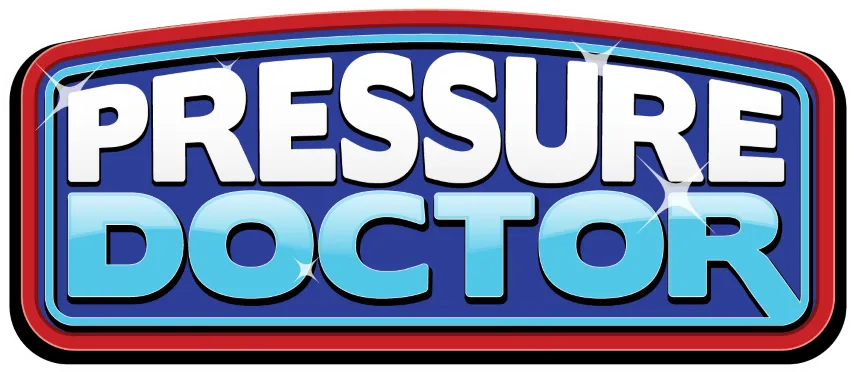There is nothing redeeming about dirty pavements. They are unsightly, unsafe, and unlikely to hold up well against the elements. Even though concrete is naturally hardy and tough, without regular care, it always succumbs to the weather and foot traffic. Routinely pressure washing pavement and inspecting it for damage is a good way to make sure it holds up against the test of time.

The Problems with Dirty Pavements
Dirty pavements are billboards for all kinds of safety and visual issues. At the very least, they minimize curb appeal. This reflects poorly on the property owner which is especially detrimental if the property is commercial. A property’s pavement is often the first thing passersby and visitors see, and dirty commercial pavements especially can scare away potential customers and tenants by intimating that the concrete reflects how the business is run.
This principle doesn’t just apply to infrequent visitors. Studies show that employee engagement improves in environments that are clean and well-maintained, so having clean pavements is a way to improve productivity as well as employee morale.
Regardless of whether your property is residential or commercial, dirty pavements can lower the value of the whole property. This is not simply because of cosmetic issues. Dirt buildup and other soiling can exacerbate or lead to cracking in the pavement. Contaminates and particulates can work their way into the natural pores of concrete and expand them, opening the doors to water damage and other deterioration and shortening the lifespan of your concrete overall.
Lastly, dirty pavements are a public health hazard. They can foster mold growth and lead to the buildup of other allergens. In addition to staining, this can cause respiratory problems and make your pavements unsafe and slippery. This may expose you and others to injury and even lawsuits. Because of these factors and the increased risk of concrete damage, regularly cleaning your concrete is the most cost-effective option.

How Do You Clean Pavement Without a Pressure Washer?
If you want to clean your pavement by hand, you probably already have the tools to do so lying around your home. Combining warm water and a cup of baking soda in a bucket creates an easy general cleaning solution. A hardy liquid detergent like Dawn can also be effective. Mix your solution well and apply it to your pavement to sit.
After an interval of around 30 minutes, scrub with a hard-bristled brush and plenty of elbow grease. You can rinse the concrete with a hose. While this method is appealing because you likely already have all the components, it is certainly the most time- and energy-consuming option. The results are not as enduring or thorough as a good pressure wash.
Pressure Washing Dirty Concrete
Pressure washing is the most powerful and efficient way to clean dirty pavement. The pressurized water and tailored cleaning solutions can blast away debris, dirt, algae, mold, and stains from concrete and other surfaces with almost magical ease. When done correctly, this can be done without damaging the material.
While sweeping and hand scrubbing are a good start, pressure washing provides a deeper clean, expelling deeply-rooted or caked-on contaminants and stains. If you have stubborn grime or grit, pressure washing is the only solution. Be aware that any cracks will need to be repaired before pressure washing the concrete to avoid furthering the damage.
Can Pressure Washing Damage Concrete?
If the settings are not right for the surface, or if the hand wielding the machine is inexperienced, pressure washing can damage your concrete. Nozzles that are too focused or pressure settings set too high can cause irreversible damage to your pavements, patios, and driveways. The best way to avoid this risk is by leaving the job to the professionals.

Professional Pressure Washing Services for Dirty Concrete
Trusting your dirty pavement to the professionals is the best way to make sure that pavement is cleaned properly. Professional pressure washers have the experience necessary to handle all of the equipment and to use the right nozzle, pressure settings, and cleaning solutions for your space. As an additional bonus, a professional pressure washer will inspect your concrete before cleaning to make sure there is no damage that should first be repaired.
Find a professional pressure washing company that you can trust with your pavement cleaning. They can schedule regular maintenance appointments for best and most lasting results, or they can handle unique jobs in the face of cleaning emergencies. Do what’s right for your pavements and have them professionally pressure washed.

